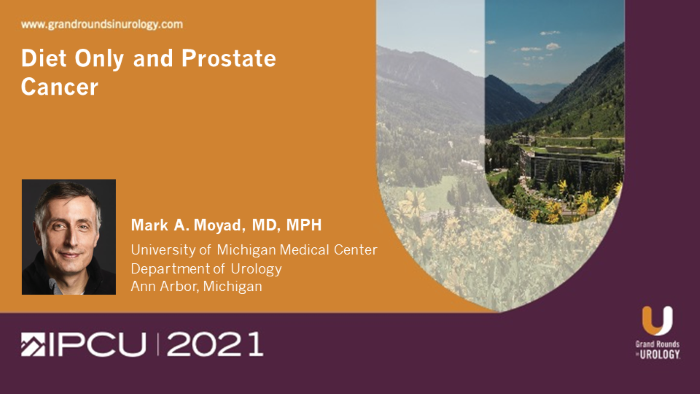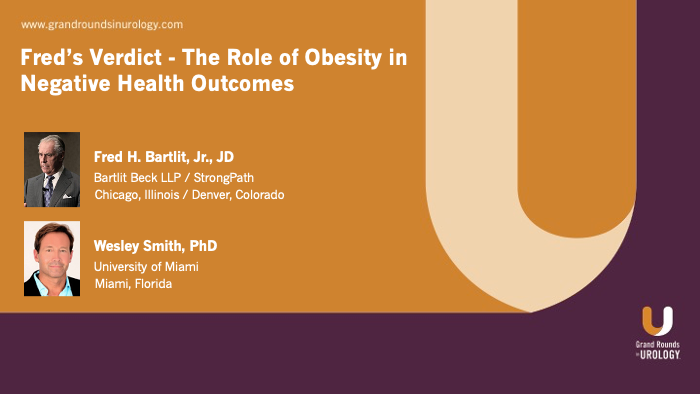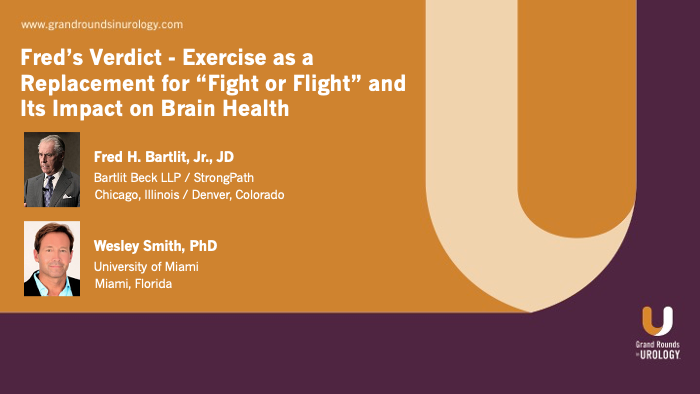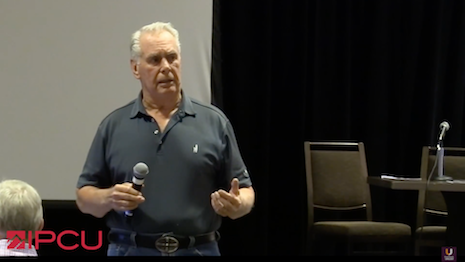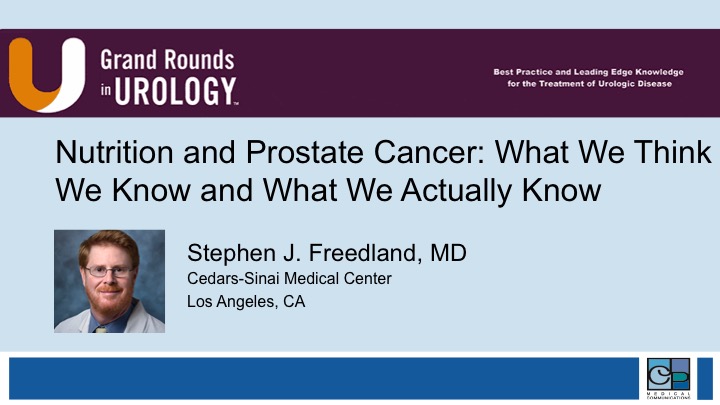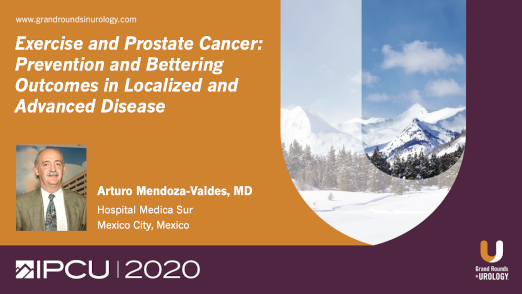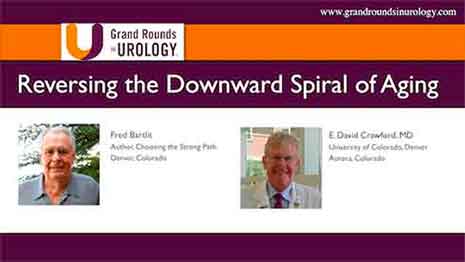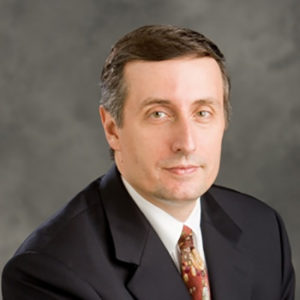Current healthcare systems are built around the traditional paradigm of patients suffering from a single acute illness, and the field of urology is not exceptional in this respect. As the population ages and becomes more sedentary, however, an increasing number of patients will suffer from underlying conditions such as frailty and/or sarcopenia, which can complicate the treatment of more acute disease such as cancer. It is therefore imperative that healthcare providers expand their awareness of how to care for these patients, as well as how to prevent these conditions in the first place.
The goal of this Next Generation Learning Center is to expand awareness of how conditions such as sarcopenia and obesity interact with urological diseases like prostate cancer. Presentations will focus on management of patients with these increasingly common comorbidities and will also emphasize how diet and exercise can be used to help prevent and mitigate the effects of urologic disease.

